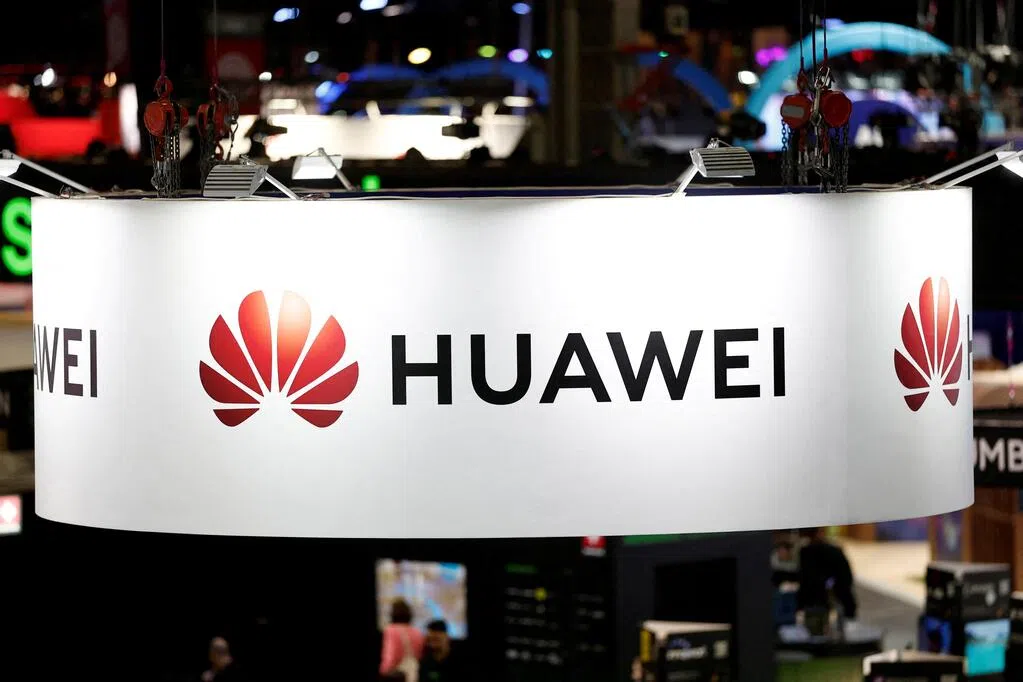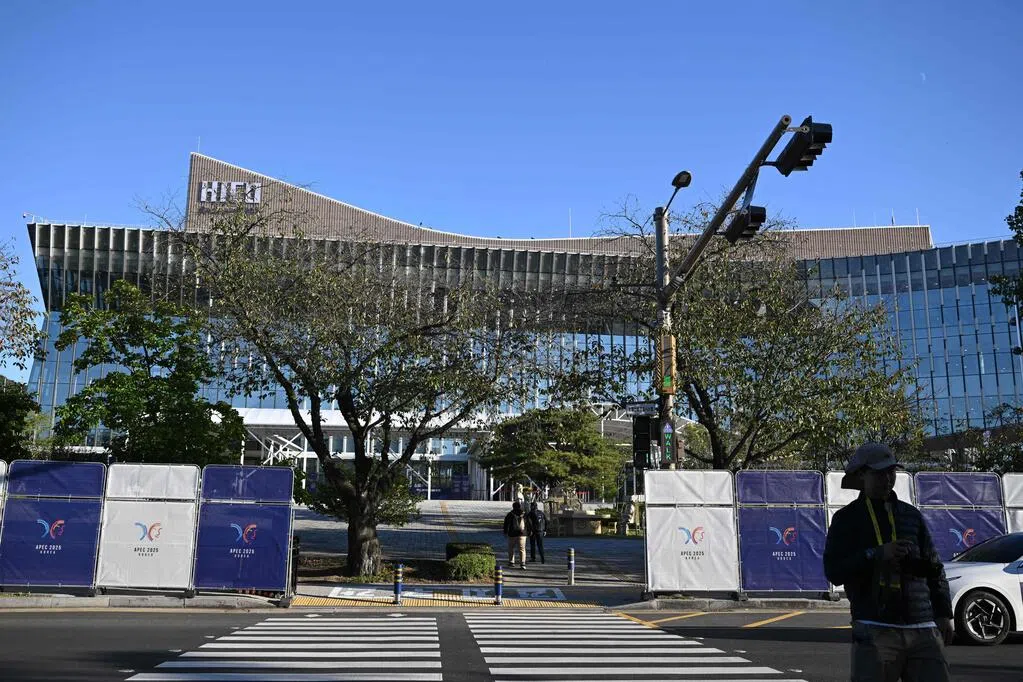(Washington, D.C.) U.S. telecommunications regulators have tightened controls on Chinese telecommunications equipment, citing potential malicious exploitation that could threaten U.S. cybersecurity.
The Federal Communications Commission (FCC) decided on Tuesday (October 28) to prohibit new approvals for equipment containing components from companies on the "Covered List," and allowed the commission to impose bans on previously approved equipment under certain circumstances.
Commission Chairman Carl said vulnerabilities in these devices could be exploited by malicious actors to threaten U.S. cybersecurity.
The commission had previously added companies such as Huawei, ZTE, China Mobile, and China Telecom to the "Covered List." Carl revealed this month that major U.S. online retailers had removed millions of listings for Chinese electronic products on the list or without the commission's authorization.
For years, the U.S. government has imposed a series of restrictions on Chinese technology companies and tightened restrictions on chip exports to China.
Further Reading


Saudi Arabia is also subject to U.S. export restrictions on artificial intelligence (AI) chips, with shipments of advanced accelerators requiring Washington's permission. Officials have been negotiating a facilitating licensing agreement with the U.S. for months, a process primarily focused on preventing the hardware from falling into Chinese hands.
Tariq Tariq, CEO of Humain, a key Saudi AI startup, said the company has made detailed security assurances to the U.S. and he is confident that the U.S. will approve the sale of advanced chips to Saudi Arabia. One of these assurances is that Humain will not purchase equipment from China's Huawei.



